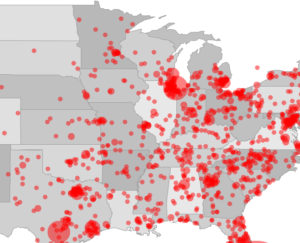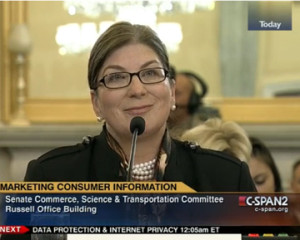Public Comments: April 2012 – WPF asks that the full Consumer Privacy Bill of Rights be applied to MS Process
WPF filed two sets of comments with the US Department of Commerce regarding the MultiStakeholder Process and the privacy topics to be taken up. The first set of comments were WPF’s formal filing of the joint Civil Society MultiStakeholder Principles on behalf of WPF and the American Civil Liberties Union, Center for Digital Democracy, Consumer Action, Consumer Federation of America, Consumers’ Union, Consumer Watchdog, Electronic Frontier Foundation, National Consumers’ League, Privacy Rights Clearinghouse, and US PIRG. The second set of comments were WPF’s own comments to the Department. WPF urged the Department to employ a fair process, choose focused topics, and to apply the full range of the Consumer Privacy Bill of Rights to each topic.





